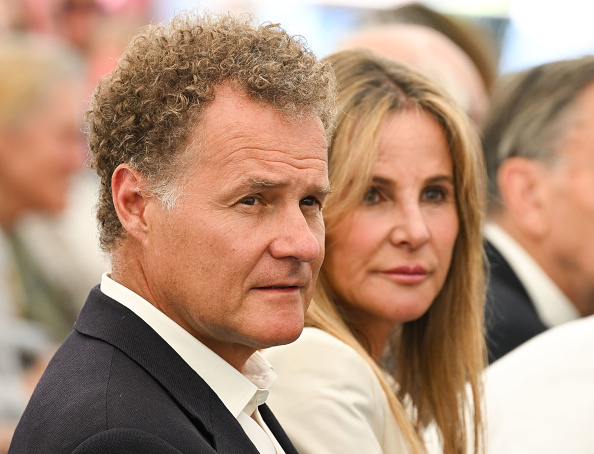Lord Rothermere to become new chief of Daily Mail publisher following privatisation push

Lord Rothermere is set take over as chief executive of the Daily Mail publisher in what appears to be the crescendo of the media group’s tumultous few years.
Paul Zwillenberg confirmed this morning that he would be stepping down as CEO of Daily Mail and General Trust (DMGT), with the great-grandson of the newspaper’s founder Lord Rothermere taking over the day-to-day running of the firm. He will also hold on to his position as chairman.
Zwillenberg has run the 126-year-old group since 2016, and said in an email to staff: “The needs of DMGT are different to what they previously were with the size of the group much smaller”.
DMGT, which also owns titles like the i and Metro, exited the London market at the start of this year, following a successful £2.4bn privatisation deal by the Rothermere family.
The family investment vehicle, who already controlled all of the ordinary shares in the company, agreed to de-list in November 2021 after the sale of the group’s insurance business, as well as a listing of the online car seller Cazoo, which it partly owned.
Some institutional investors pushed back against the move at the time suggesting that it undervalued the entity and the latest board reshuffle is likely to raise question marks about the wider strategy for DMGT.
Commenting on the board reshuffle, Lord Rothermere, Jonathan Harmsworth, said: “DMGT has been transformed under Paul’s leadership, setting the business up for an exciting future on our own terms.”
He added that he would be meeting with senior leaders to discuss future ways of working and the next steps for the private company. Zwillenberg will remain a senior adviser to Rothermere.
Bottom line
It seems Daily Mail’s publisher has gone back to basics, retreating to its family-run roots.
With Rothermere now planning to head up the media company as chief, just like his great-grandfather once did, Enders Analysis’ Douglas McCabe reckons this heralds a returning belief in the power of consumer media.
“Consumer media has become increasingly investable again, partly due to the enormous successes, such as Future, as well as the rise of audience economies at the likes of the New York Times,” he told City A.M.
Just this month, Future, which owns titles like The Week and Marie Claire, said its full year results are expected to top expectations despite increasing inflationary pressures. It cited specialist content verticals and more varied monetisation routes as a key driver of this.
Newsquest’s takeover of fellow regional rag maker Archant also got the greenlight this summer, paving the way for what it deems a “much more secure future” for the group’s titles, which includes the Northern Echo and Lancashire Telegraph
The outlook is less cheery for Daily Mirror and Daily Express owner Reach, which has been bogged down by talk of strike action over pay.
Profits have also been consistently knocked by the rocketing cost of newsprint, which have spiked 65 per cent on a like-for-like basis over the last year.
While there are many question marks over what the future strategy will be for DMGT, McCabe reads Zwillenberg’s departure as “job well done” in streamlining and enhancing the group’s portfolio, as well as getting it off the rocky London stock market.